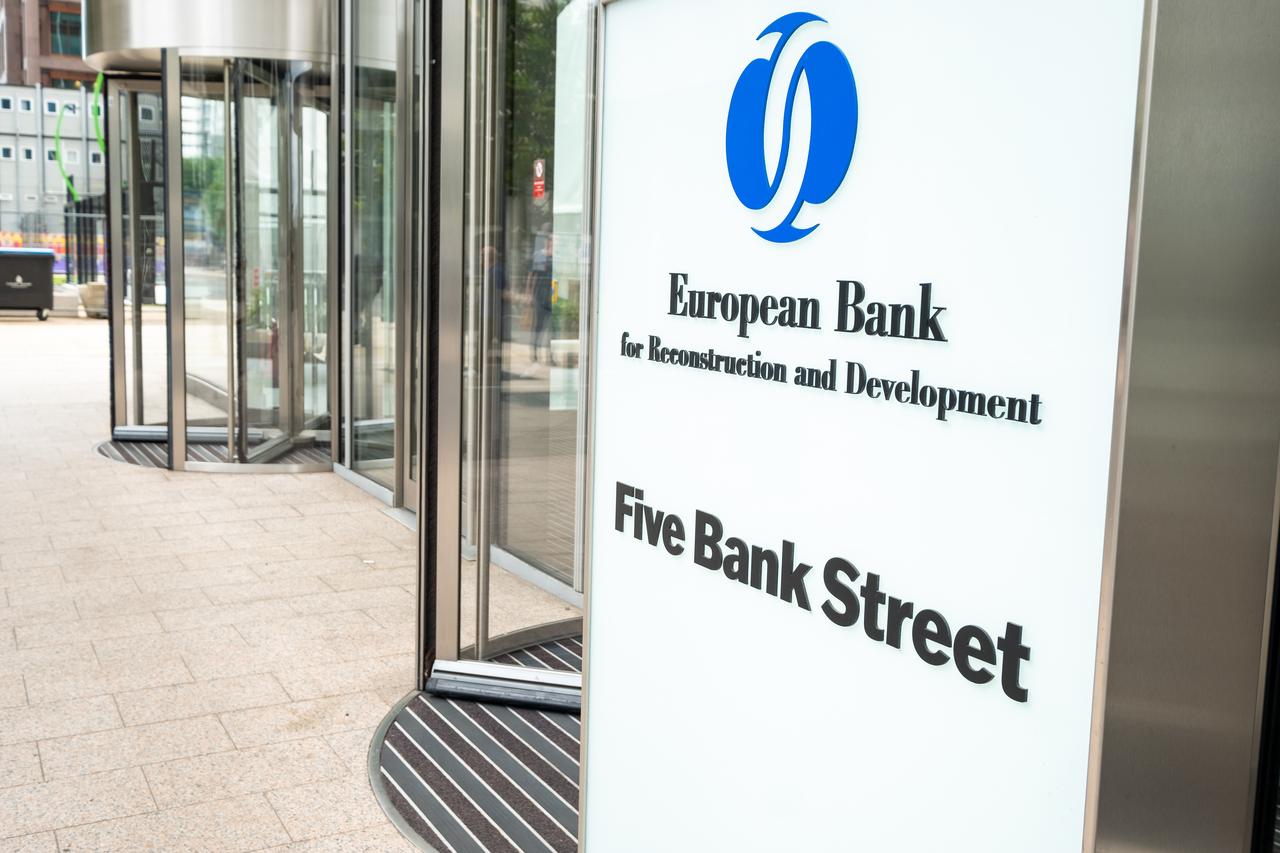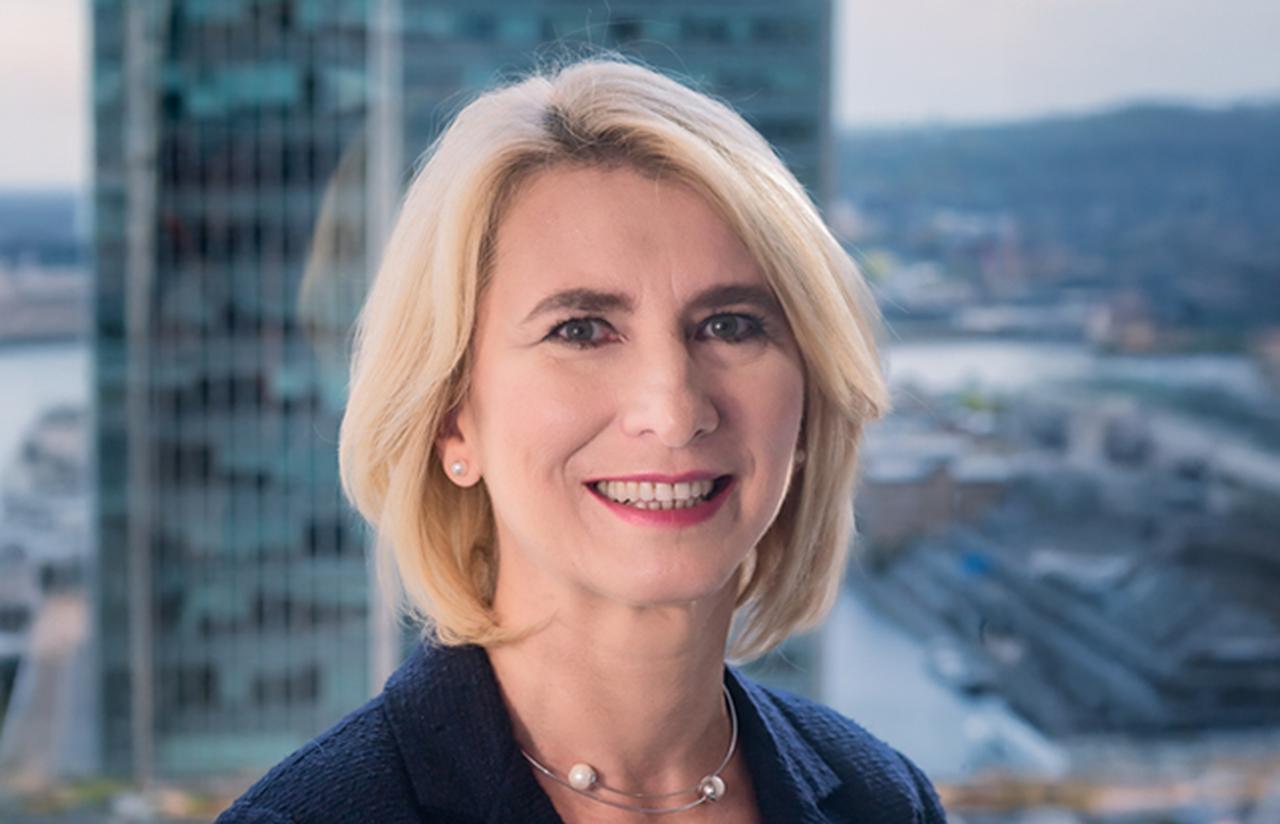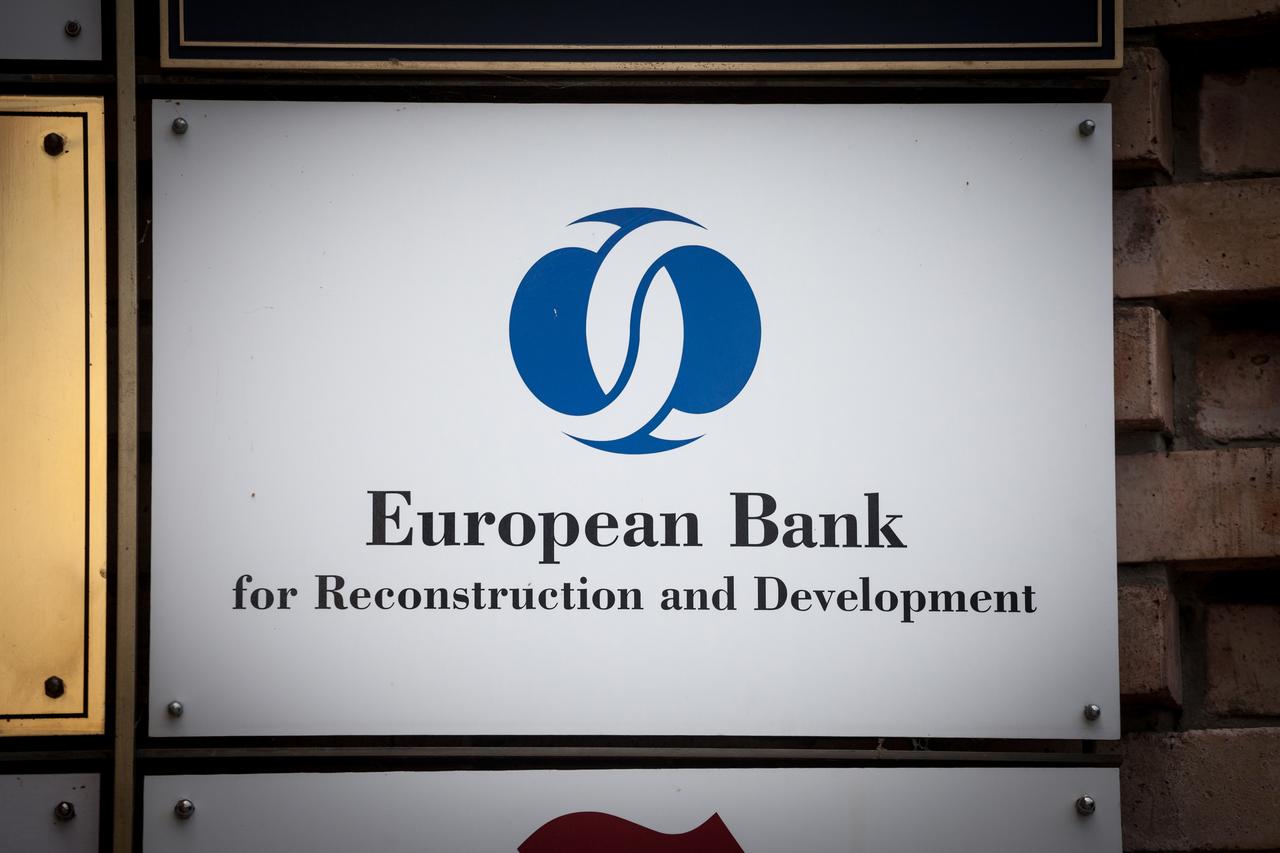
Political tensions surrounding a corruption probe involving the Istanbul Metropolitan Municipality have triggered a recent market rout.
This has weighed on Türkiye's "slow but steady" disinflation trajectory, prompting the central bank to reverse its limited monetary easing pursued since December, European Bank for Reconstruction and Development (EBRD) Chief Economist Beata Javorcik said on Tuesday.
Speaking to Reuters during the EBRD’s annual meeting in London, Javorcik noted that Türkiye had been making gradual yet consistent progress in reducing inflation before the recent developments. She emphasized that the pressure on the Turkish lira and central bank reserves posed a significant challenge to that progress.

In response to the market turmoil, the Turkish central bank intervened by selling foreign currency reserves to contain demand for foreign exchange, aiming to stabilize the lira at around ₺38 per U.S. dollar.
According to calculations based on the central bank’s official data, foreign outflows from the Turkish market have exceeded $10 billion since then.
“This is costly in terms of economic performance, in terms of reserves, and in terms of reputational implications, as it undermines investor confidence,” Javorcik added.
The central bank raised its key interest rate by 350 basis points to 46% at its latest monetary policy meeting, aiming to restore confidence in the economy and absorb excess liquidity.
In parallel, Türkiye’s inflation rate extended its downward trend for the 11th consecutive month in April, reaching 37.86%, though the pace of easing appeared to slow.
According to the EBRD, the central bank sold over $40 billion in foreign exchange following the arrest of Istanbul Mayor Ekrem Imamoglu, with net reserves—excluding swaps—falling from over $60 billion to under $20 billion.

Citing this situation, EBRD also revised down its projection for Türkiye’s economic growth in 2025, lowering it by 0.2 percentage points to 2.8%, citing weaker-than-anticipated domestic and external demand as well as a more restrictive monetary policy stance.
Türkiye’s Finance Minister Mehmet Simsek and Central Bank Deputy Governor Osman Cevdet Akcay are scheduled to speak during a panel session at the EBRD’s annual meeting on Wednesday.